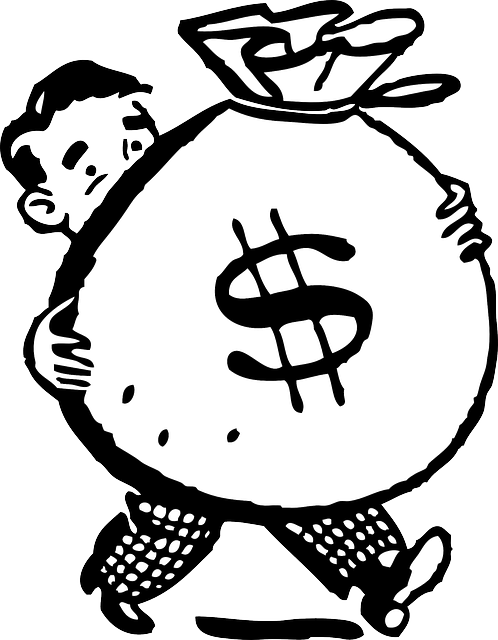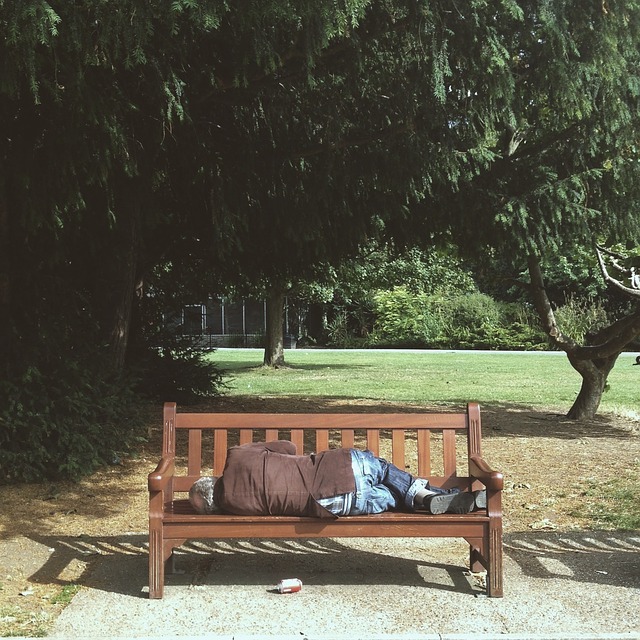This week ushers in the World Economic Forum in the Swiss ski resort of Davos. This as two new reports just published warn that the gap is getting bigger and bigger between the super rich and the rest of the world , indicating the global financial crisis is getting worse ….not better even after decades of efforts to reduce global poverty.
According to Oxfam, (an international confederation of 17 organizations working together with partners and local communities in more than 90 countries to find ways to decrease poverty), the scale of the problem is just 62 people own the same wealth as half the planet. The compares with 388 people just five years ago, when the global economy was just getting out from its deepest recession since WWII.
The organization says the results show it’s time for leaders to do more than just acknowledge the problem, calling the situation “unacceptable”. Officials from Oxfam say at the core of the problem is a system that allows big corporations and rich people to not pay their fair share in taxes and they are challenging the political and business figures attending the Economic Forum to make moves to end the unfair taxation.
Oxfam says about $7.6 trillion of individuals’ wealth sits offshore, around 12 per cent of the total, and that around $190 billion could be made available for poverty-fighting initiatives if tax were paid on that wealth and closing the loopholes will help governments meet their goal of eliminating extreme poverty by 2030.
According to another organization Edelman, (a PR organization), inequalities within society are already driving political change and that could put a break on economic potential.
In its annual survey of trust levels around the world, it found the largest-ever gap between the views of highly educated people and those with less education, driven by differences in income.
Edelman’s online survey of 33,000 plus respondents in 28 countries, was conducted between Oct. 13 and Nov. 16, 2015 and it highlighted the “inequality of trust around the world” which can add to the potential possibilities of the “rise of populist politicians, the blocking of innovation and the onset of protectionism and nativism.”
Around the world, there’s been a new surge of support for what were previously considered fringe political leaders and parties. Noted as an example was the rise of Donald Trump, who is in what seems to be a strong position in the race to be the Republican Party’s candidate in the presidential election this fall.
Similar trends are being seen in other countries and Edelman said that following the global financial crisis and global recession, most of the income gains have gone to the more wealthy who have also benefited from low mortgage rates and rising house prices.
For those lower down the income scale, Edelman said the years since have been marked by more and more insecurity about the future and a rising sense of anger about the situation as banks and politicians demonstrate bad practises and even large corporations that we used to trust show untrustworthy behaviour. (think Volkswagan and the emissions scandal).
The hope is that these findings motivate the leaders at the Economic Summit to take action once and for all.
To receive similar content, “Like” us on Facebook @ https://www.facebook.com/niagarabuzz.ca










